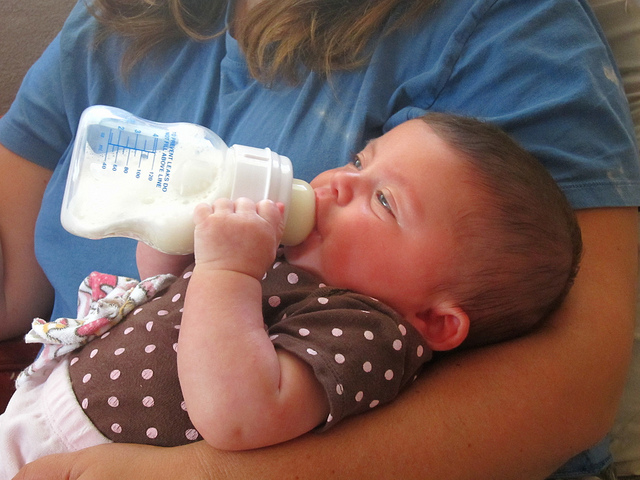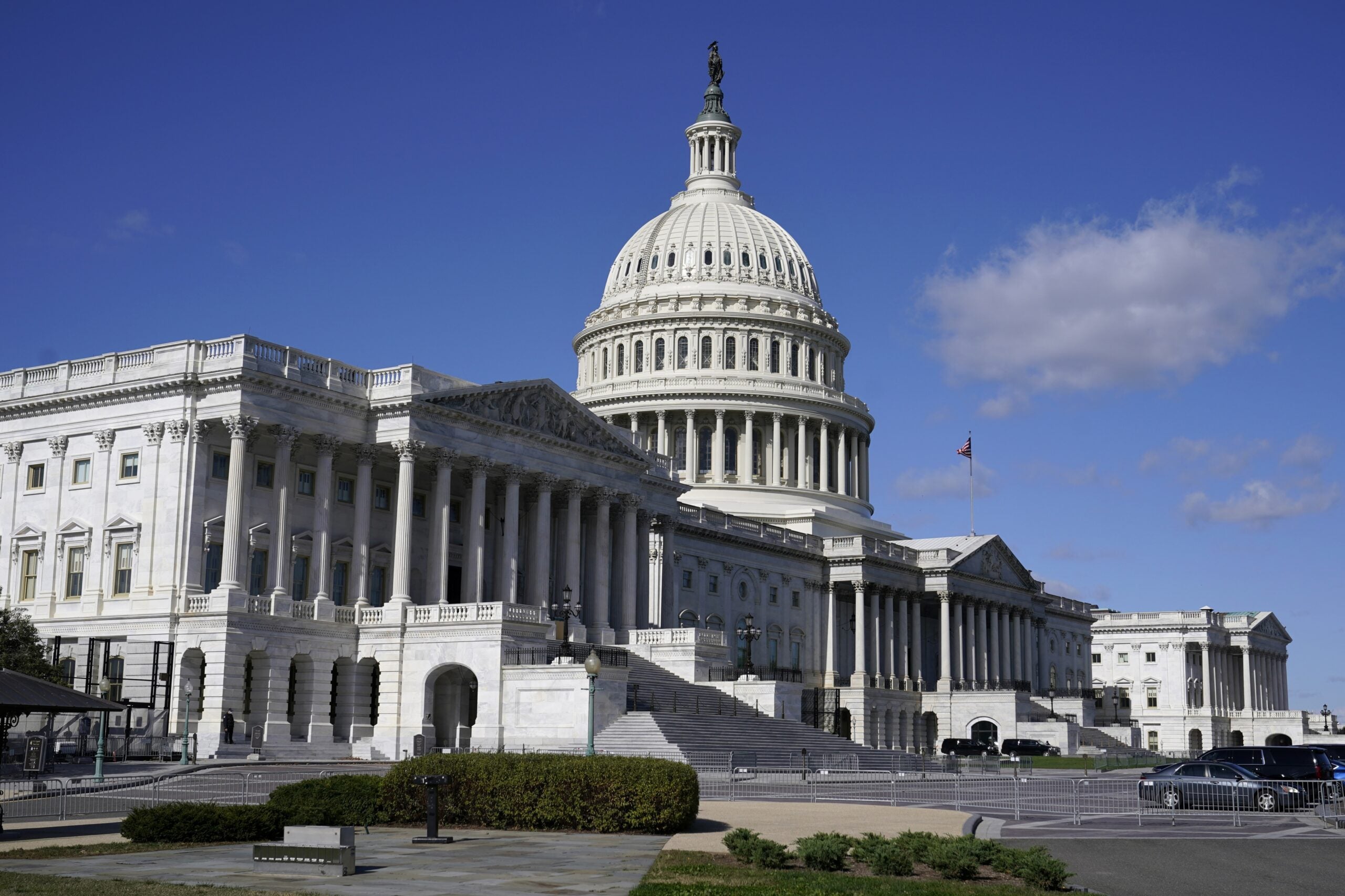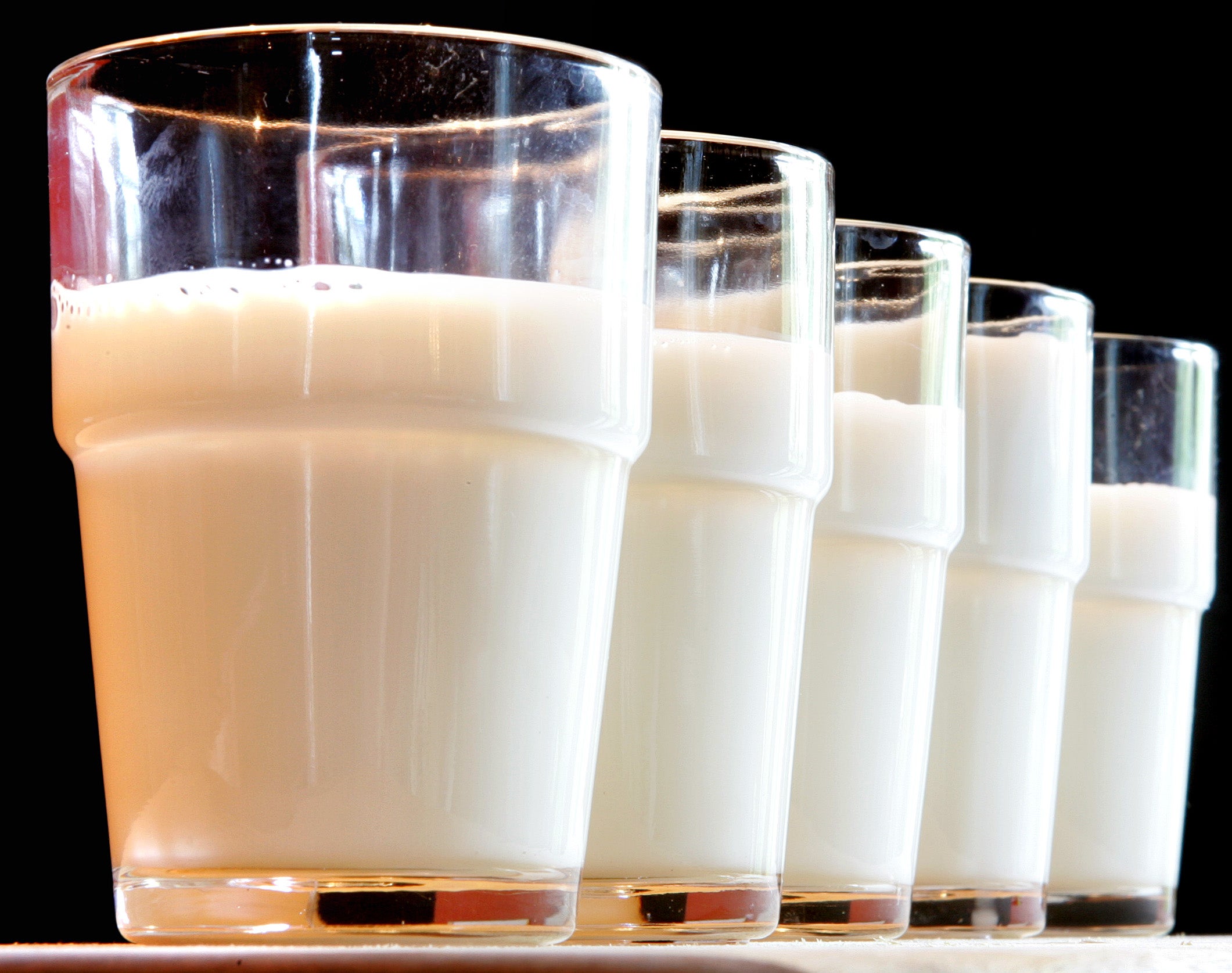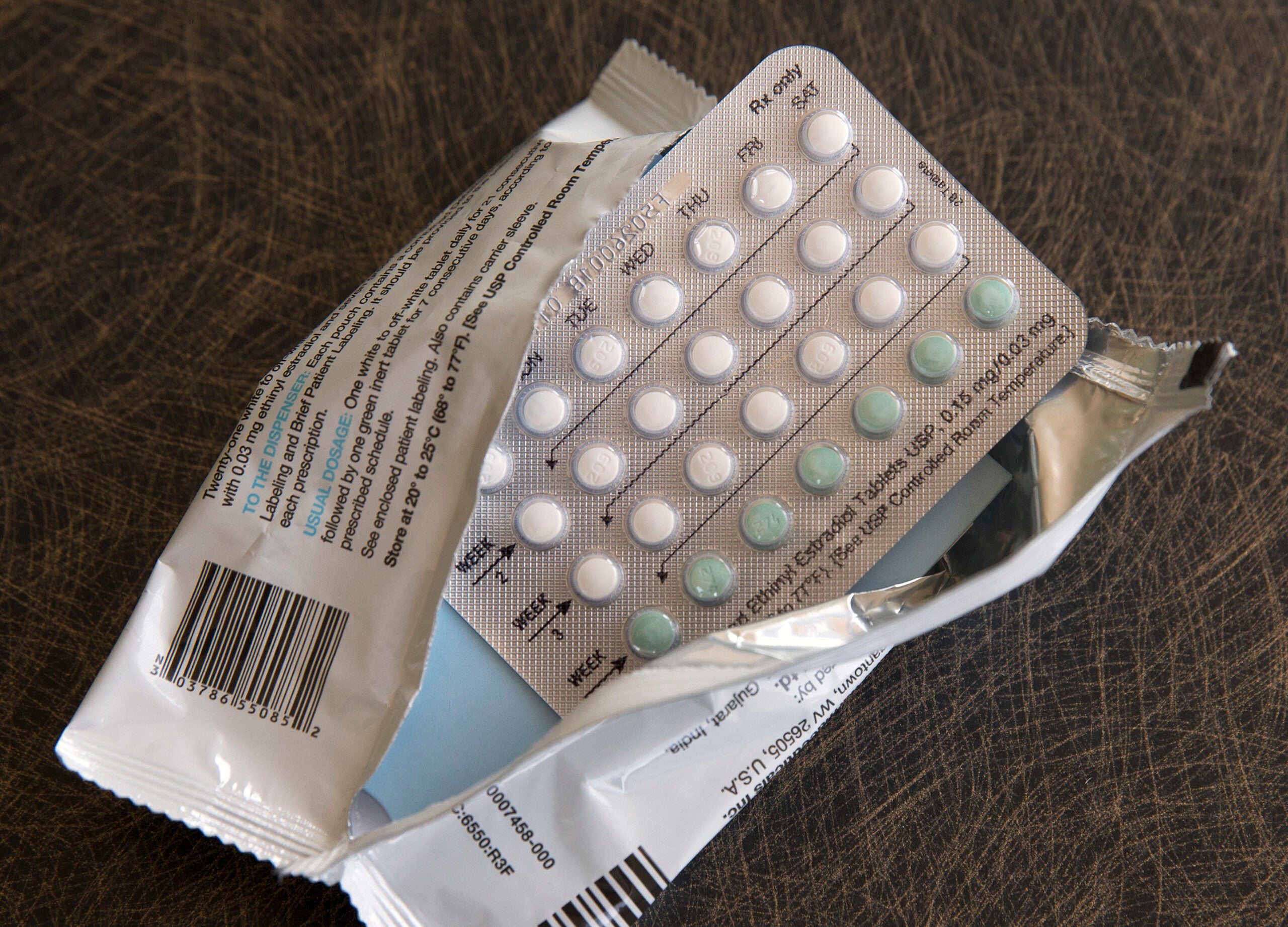Makers of infant formula have until September to comply with nutritional and safety standards set by the Food and Drug Administration.
The FDA rules ensure that formula makers test their products for salmonella and other pathogens. The rules also require companies to prove their formula has specific nutrients.
“FDA has regulated infant formulas for a long time just to make sure the products that are on the market are safe and are meeting certain nutritional requirements,” said Sue Marshall, who directs the Women, Infant, Children (WIC) program for Madison-Dane Public Health.
Stay informed on the latest news
Sign up for WPR’s email newsletter.
The FDA says breastfeeding is strongly recommended for newborns but that nationally a quarter of infants start out using formula. Marshall said that in her program, formula is widely used. Breastfeeding for WIC mothers is 40 percent the first month, and then goes down after that.
“A lot of times our moms are going back to work, they are having to start to supplement with formula,” said Marshall. “And at six months, often the baby is starting to eat some solid food too. But any amount of breast milk is so healthy for the baby.”
The new rules come as more manufacturers come up with new products for the market. The FDA says companies currently making infant formula generally follow quality control procedures but the new rules will help the FDA keep tabs on companies to make sure they are following the law.
Wisconsin Public Radio, © Copyright 2024, Board of Regents of the University of Wisconsin System and Wisconsin Educational Communications Board.






